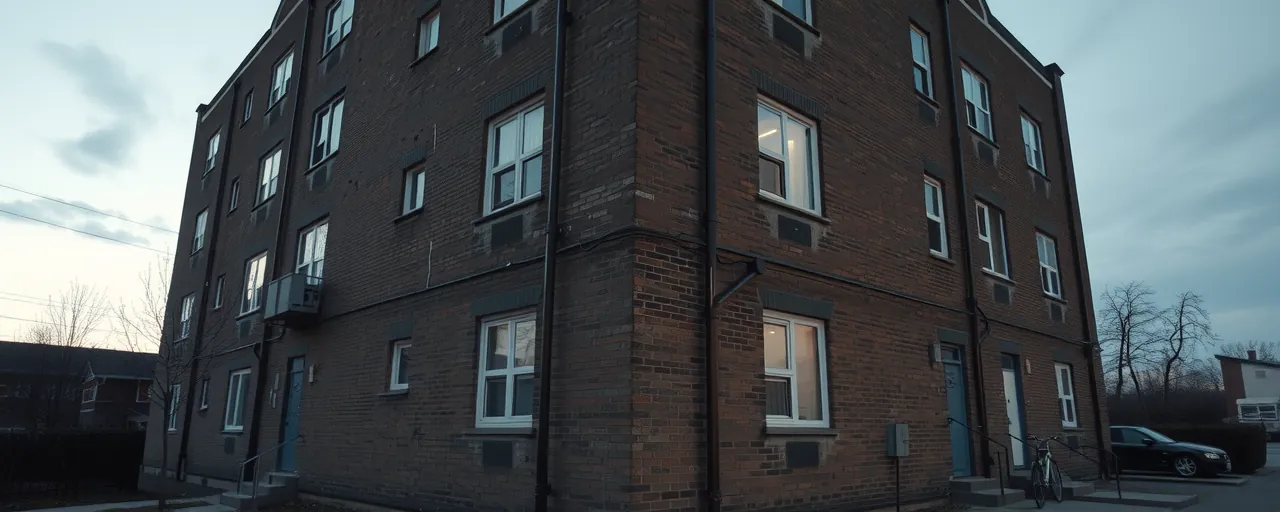A Fragile Moment of Relief
April’s Consumer Price Index, down to 2.3%, sparks celebration at the White House. Grocery prices fell 0.4%, eggs plunged 12.7%, and gas prices dipped again. Workers’ real wages rose 1.9%. The administration calls it a new era of prosperity. But this snapshot hides a gathering storm.
Tariffs, the centerpiece of current trade policy, are already pushing prices higher. Apparel and textiles surged 8-17% in recent months. A temporary pause on Canada-Mexico duties offers a brief reprieve, but the clock is ticking. Families enjoying lower costs today may face sticker shock by year’s end.
Economic security means more than fleeting price drops. It’s about affording rent, doctor visits, or a cart of groceries. Middle-income households feel a slight lift, but for lower-income families, who spend over half their income on essentials, relief remains out of reach.
Global factors—sluggish demand in Europe, falling freight rates—drive this price moderation far more than domestic policy. High interest rates help, but they’re not the star. So why does the administration claim full credit? Are we to believe tariffs, which inflate costs, deserve the applause?
Price declines benefit everyone, no question. But touting them without context feels shortsighted. The focus on quick wins ignores the risks ahead, especially for those already stretched thin.
Tariffs: A Tax on Families
Tariffs project strength, a defense of American jobs. In truth, they burden consumers. The 10% import tariff, alongside a 30% cap on Chinese goods, lifts costs across the board. Core goods prices edged up 0.3% this year. Experts predict tariffs could add a full point to inflation by December. That’s pressure families don’t need.
History offers warnings. The 2018-2019 tariffs on steel and Chinese imports hiked prices for cars, appliances, and clothing. Today’s levies follow the same path. Businesses, squeezed by import costs, raise retail prices. A 90-day tariff suspension with Canada and Mexico buys time, but it’s temporary.
Job protection matters—who denies that? Yet tariffs disproportionately harm low-income households, who can’t absorb price jumps. These families buy necessities, not luxuries, and feel every increase. Why craft policies that hit the vulnerable hardest?
Public investments in infrastructure and clean energy offer a better path. They create jobs and boost supply without inflating prices. The 2023-2024 recovery proved this approach works. Why bet on tariffs when we have evidence of what succeeds?
Wages and the Widening Gap
A 1.9% rise in real wages sounds promising. But the benefits skew heavily. Tech workers and union members see gains of 3-4%, while retail and hospitality employees stagnate, their raises erased by rising rent and transit costs. The administration highlights averages, but whose reality do they reflect?
For lower-income households, spending over 50% on food and shelter, the 2.3% CPI offers little comfort. Housing costs climbed 0.4% in April, and medical services keep rising. These families aren’t thriving—they’re surviving. Why does this struggle get sidelined?
Targeted income supports, like those used in the pandemic, could ease this burden. They stabilized budgets when prices soared. Current policies, leaning on deregulation and high interest rates, favor corporations over workers. Is that the priority we want for our economy?
Choosing a Better Future
Lower prices give families a moment to catch their breath. But global trends, not trade policies, deserve the credit. Tariffs and uneven wage growth threaten to unravel this progress. Leadership must focus on long-term stability, not short-term headlines.
Strengthen supply chains, expand healthcare access, and support struggling households. These steps, grounded in the 2023-2024 recovery, deliver results. Trade wars and trickle-down policies don’t. Why risk families’ security on unproven bets?
The economy shapes lives. If we overlook rising costs and wage disparities, we fail the people who need help most. Demand policies that prioritize fairness and resilience. Anything less undermines the promise of a thriving nation.
